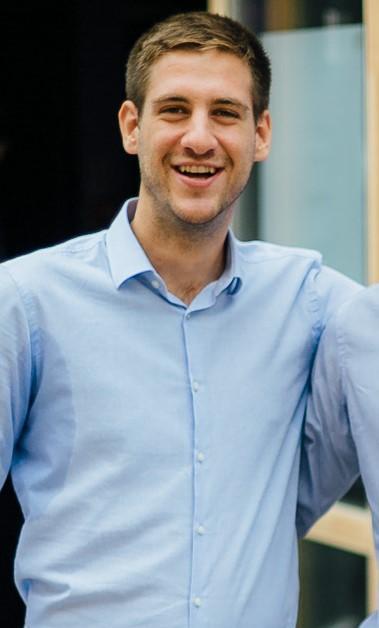Recycled medication programme works hard during COVID-19 pandemic to keep expensive medicine out of the trash and recycle it for the poor
After Thanasis Vratimos’s grandfather died, the family was left with a large amount of unused medicines. Thanasis knew the medications were expensive, and he wanted them to go to someone who needed them.
But he found a frustrating lack of ways to donate them. Though 30% of Greeks1 live below the poverty line and cannot afford medicine, more than €1 billion worth of medicine2 goes to waste each year in Greece, usually just thrown away. “A lot of these things are toxic,” Thanasis says, “and they end up polluting waterways.”
With a friend, he founded GIVMED in March 2016 with two main goals: to make medicine available to those who need it and to reduce waste.
The two friends, trained as computer engineers, developed a software system that makes donating medicines easy and that keeps track of where those donations are needed. An app, website and hotline link the donations to social pharmacies, which distribute the medicines. Four years after being founded, GIVMED has five employees and has facilitated the redistribution of 90 000 boxes of medicine with a value of more than €900 000.
Help in a crisis
GIVMED is a past finalist in the European Investment Bank Institute’s annual Social Innovation Tournament. The tournament supports entrepreneurs who are making an impact on social, ethical or environmental issues.
Thanasis says the COVID-19 crisis has put a great deal of pressure on healthcare non-profits and elderly care homes in Greece.
“Unfortunately, many organisations have had more work during the crisis, especially in Greece where the healthcare was already in a bad situation, because of the economic crisis,” he says. Care homes for the elderly were in particular need of masks, gloves and antiseptic, and the government was not able to offer help.
It wasn’t an area in which GIVMED had experience, but eventually the team secured funding and created its own supply chain to get the needed protective gear to 23 care homes and 22 other non-profit healthcare groups in Greece, benefiting about 5 700 people.

Thanasis Vratimos and a friend developed a software system that makes donating medicines easy.
During the lockdown, individuals couldn’t donate medicine, so the group reached out to pharmaceutical companies to help fill the gap. Thanasis says that individuals made up the bulk of donations when GIVMED was founded, but now 50% of the donations come from pharmaceutical companies, 30% through social pharmacies, and 20% from individuals. The social pharmacies have become particularly important in Greece, and GIVMED’s software has linked them to a network that tracks their needs. This allows for medication to be distributed efficiently where it is most needed.
Focused on Greece
GIVMED has been approached by other European countries about expansion, or licensing software, Thanasis says, but for now the focus will remain on Greece, where “there is much work to do.” He says the impending economic crisis means services like GIVMED will be even more critical.
“Social pharmacies will be facing more demand as the economic crisis crystallises, and more people face unemployment,” he says. “We will be working hard to provide what is needed.”
1.Hellenic Statistic Authority (ELSTAT) https://www.statistics.gr/en/home/
2.Institute of Medicinal Research and Technology (IFET), 2012 https://www.ifet.gr/en/